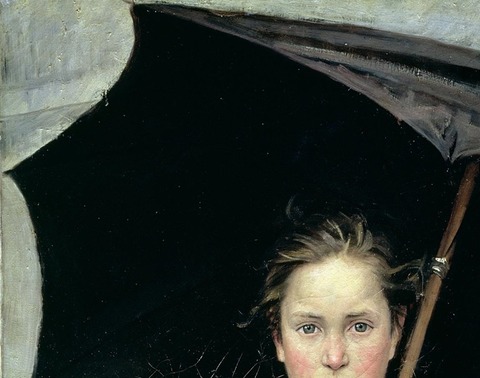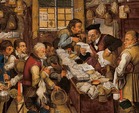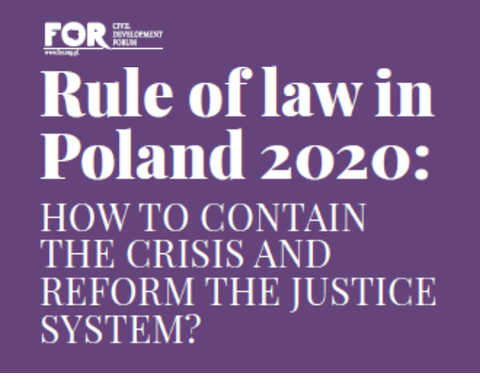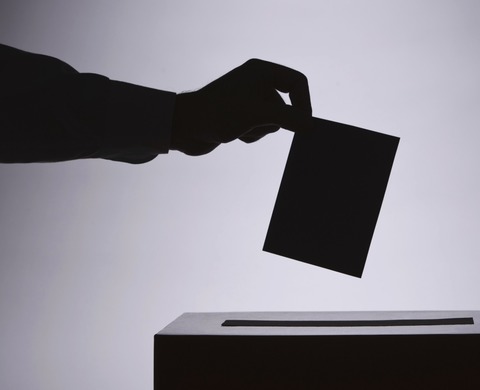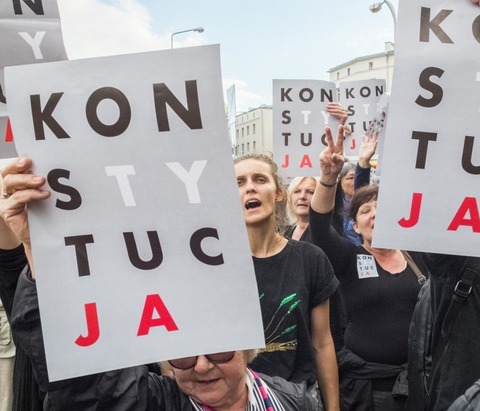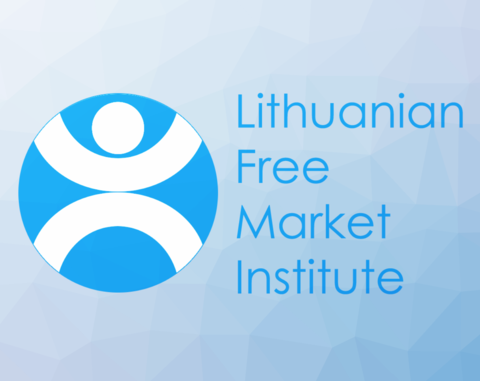The January issue of the 4liberty.eu Newsletter provides an overview of the articles published on the 4liberty.eu website, serving as a starting point for further exploration.
Detmar Doering & Natalie Marakova (FNF):
The COVID-19 pandemic often seems to be used as an excuse to allow those in power to do things they would not normally be allowed to do. The Czech Chamber of Deputies’ decision to introduce a high quota for domestically produced food in large shops from 2022 also belongs in these ranks: especially in times of crisis like these, more self-sufficiency must be achieved in the long term.
Martin Reguli (F.A. Hayek Foundation): One of the key topics of the past nearly four years has been the future face of the relations between the United Kingdom (UK) and the European Union (EU) in the post-transition period era. Not many people expected that within the given time frame and in the reality dominated by the COVID-19 response there would be sufficient time and willingness to reach a mutually acceptable deal.
|
||
|
||
|
|
||
|
||
|
||
|



![4liberty.eu N E W S L E T T E R [JANUARY 2021] 4liberty.eu N E W S L E T T E R [JANUARY 2021]](http://4liberty.eu/phidroav/2020/05/Cornelis_Norbertus_Gysbrechts_005.jpg)
